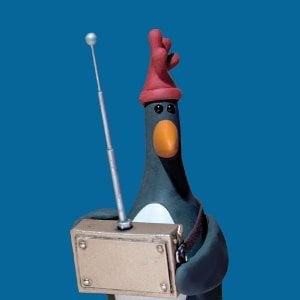Found this one online while browsing for what cats shouldn’t eat. However I feel like this area is quite controversial and opinionated. Also feels like half the websites are written by AI and riddled with ads. So if anyone has a good source as to what cats should avoid then let me know.
Anyways, I found this nice illustration, but wanted to hear with you peeps whether you have any experience regarding these food items.
Also what’s your take on milk/sour milk for cats? My previous cat loved it so much, and she aged until she was 17 years old, and never seemed to have a problem with it. Also asked the vet at the time and she said it was OK. However every other website I visit tell to never give milk(dairy) to cats. So which is it? Does it just depend on the cat?


I’m not too informed on that, but that table looks sensible as long as you keep in mind that their diet is mostly meat-based, so watch out for amounts. And it fits well what I’ve read across the internet.
The main problem regarding dairy is the lactose; it isn’t poisonous but they don’t digest it well. So dairy in small amounts as a treat is probably fine, just don’t overdo it. Soured milk is probably better than plain milk, as the souring likely consumes some of the lactose. Or yoghurt, one of my cats is crazy for that.
Past that, as a general rule: